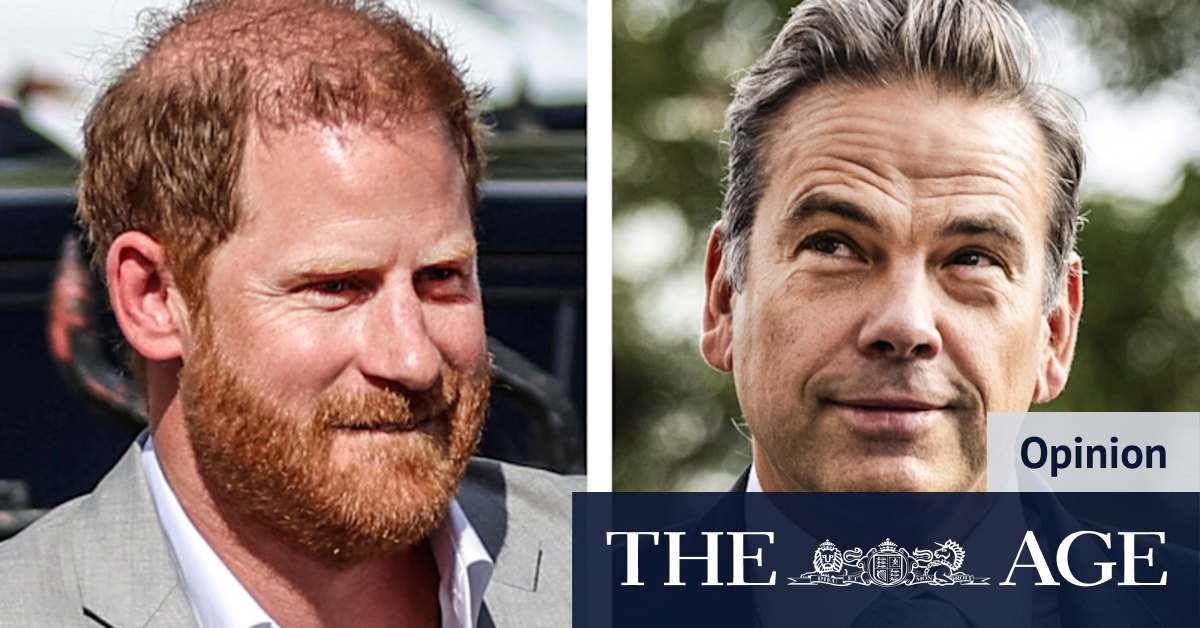While it’s difficult to imagine how any parent can choose business over their kids, you have to sympathise with the anguish of the patriarch too. Witnessing a sense of entitlement in your own children must be painful, made more so by the knowledge that if they’re spoilt, it’s because you spoilt them.
Loading
In one anecdote from The Atlantic article, James recounts a meeting with Rupert’s lawyer, attended by his father, during which the lawyer asked “withering” questions and referred to James and his sisters as “white, privileged, multibillionaire trust-fund babies”. As James tells it, he soon realised that Rupert, silent in the corner, was texting the lawyer contemporaneously, telling the lawyer what to say.
Everywhere you look you see bitter battles for succession; frustrated attempts by a younger generation to wrest power from their elders, and outrage by the elders at the disrespect of those they consider their inferiors, at least in terms of wisdom and experience.
In November, former US vice president Kamala Harris will release a memoir entitled 107 Days, which is famously the short time she had to establish herself as a presidential candidate against Donald Trump in the 2024 race. In an extract published this week, Harris addresses the only thing devastated Democrats (and the rest of us) want to know: why didn’t someone in a position of power, like her, pressure Joe Biden to step aside earlier? Why was he allowed to hang on as an increasingly doddery candidate as the country marched towards electoral disaster?
Harris writes that the mantra among Democrats was, “It’s Joe and Jill’s decision”, a reference to the president and his wife.
Loading
“In retrospect, I think it was recklessness,” she continues. “This wasn’t a choice that should have been left to an individual’s ego, an individual’s ambition. It should have been more than a personal decision.”
In Nepal, young people are rioting against the government, following the imposition of a ban on social media apps – which, among other things, cut off Nepalis from their loved ones who work abroad due to a lack of economic opportunity at home. After police met protesters with deadly force, the protesters began burning buildings and the prime minister was forced to resign.
In one news photograph of one group of protesters, some apparently in school uniforms, a boy is holding up a handwritten sign which reads, “OK Boomer, Time’s Up!”
In Australia, relations between the generations are mostly amicable, notwithstanding an uptick in disputes over inheritances, and a problem with intergenerational inequality so bad that, as tax academic Bob Breunig says, “the intergenerational contract has lost its balance”.
As early as next week, the government is expected to release the report on the economic and environmental risks posed by climate change. Among other things, it is expected to model the death toll and economic destruction the warming climate is expected to bring. The Guardian quoted “people familiar with the assessment” saying it makes for “intense and scary” reading. It is certain to spark debate, and will hopefully precipitate credible 2035 emissions reductions targets.
Societies throughout history have struggled with balancing respect for the older generation with investment in the interests of the next generation. What is different now is that it no longer feels certain that the arc of history is bending towards justice for that upcoming generation.
It is no longer a sure thing that our children will inherit a better economy or environment than those we have enjoyed. This creeping doubt only makes the political decisions of the present more important.
Jacqueline Maley is a senior writer, columnist and author.

